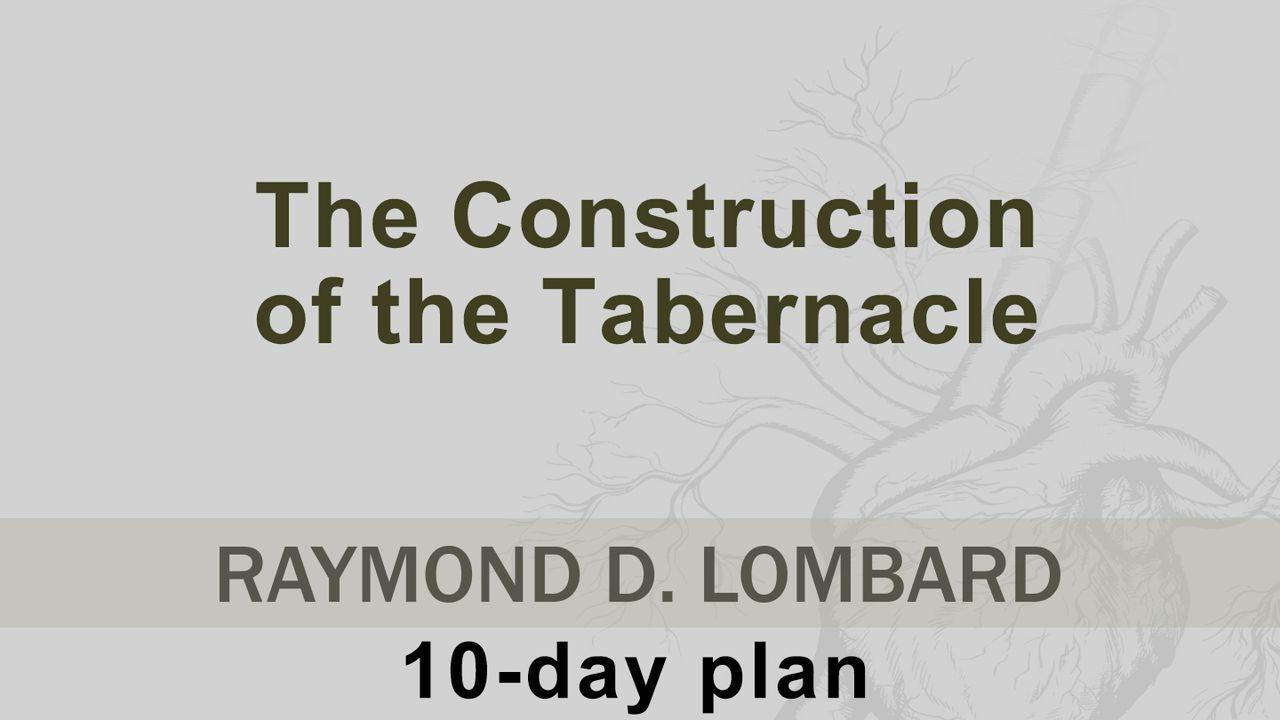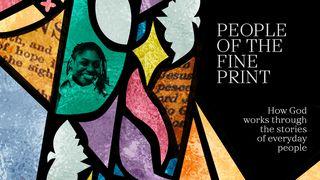The Construction Of The TabernacleSample

THE EXTERIOR COVERINGS
As in the case of the inside covers there are also two outside coverings.
- THE COVERINGS OF RED DYED RAM’S SKINS (Exod. 26:14; 36:19) – The red dyed rams skins speak firstly of:
- Christ's substitutionary death. The ram in the Scriptures was represented as a substitute for the human: So Abraham went and took the ram, and offered it up for a burnt offering instead of his son (Gen. 22:13). The ram is not only provided by God as a substitute, but also called "the ram of the consecration" (Exod. 29:26, 27, 31). Bringing the two thoughts together, we can say that Christ Himself totally yielded to God the Father to die on the cross as the sinner's substitute (Isa. 53:6; 1 Pet. 3:18; Rom. 5:8; Gal. 3:13). Christ's atoning sacrifice was not a forced matter, on the contrary, Parker writes: “On the cross Christ was willingly caught in the thicket of God’s Law, and sacrificed instead of the world whose sins held Him there.” Christ out of his own free will laid down his life for us (John 10:18).
- In the second place, we see that the red dyed ram’s skins do not show any measurements. The covering, which also speaks of Christ's willing obedience unto death, also shows no measurements at all. It speaks of the limitlessness of Christ's atoning work on the cross (John 3:16).
- THE COVERING OF BADGER SKINS (Exod. 26:14; 36:19) – The badger skins were not meant for beauty, but for protection. This was the outermost covering of all the different covers. It was dull and unattractive, nothing to look at. No one who looked at the tabernacle covered with badger skins would have imagined what splendour and glory was contained in it. Only when a person was inside the tabernacle, could you observe it.
In the covering of badger skins, we also have a perfect image of Christ's humanity. This shows that the Son of God's humanity on earth was unattractive and insignificant in contrast to His heavenly glory: He has no form or comeliness; And when we see Him, There is no beauty that we should desire Him. (Isa. 53:2). No one who looked at Jesus in His outwardly poor state, would have thought that He is the Creator of the universe. No one could see in Him as the One upholding all things by the word of His power (Heb. 1:3). Outwardly, no one could see in Him the glory of God (Heb. 1:3). Yet, He promised us His protection.
SUMMARY
In summary, we can say that the quadruple coverings of the roof and sides of the tabernacle together – all the coverings point to Christ. The badger skins speak of His humanity; the red dyed ram’s skins point to Christ's commitment and obedience unto death; the goat hair and canvas typifies Christ’s sin offering; and the curtain of double fine linen speaks of His glory.
Badger skins – was the very top cover (Exod. 26:14).
Rams skins – was under the badger skins (Exod. 26:14).
White goats hair – this tent covering was under the ram’s skins (Exod. 26:7).
Fine twined linen – the ceiling was also called “the tabernacle” (Exod. 26:1).
About this Plan

At the beginning of our study of the tabernacle, a choice must be made: Do we begin at the Holy of Holies as we see the Bible does in Exodus 25, or with the silver foundation of the tabernacle itself, or do we start with the courtyard, the outer fencing of the tabernacle? We start our study of the tabernacle beginning at the silver foundation of the tabernacle’s construction.
More
Related plans

Healing Family Relationships Through Listening

Reclaim Easter

People of the Fine Print

Jesus Manages the Four Spaces of Anxiety

Renew: To Transform, Be Transformed by God’s Mercy

Acts 14 | Facing Hardship

Healing Family Relationships Through Prayer

Walking in Wisdom

Healing Family Relationships Through Repentance
